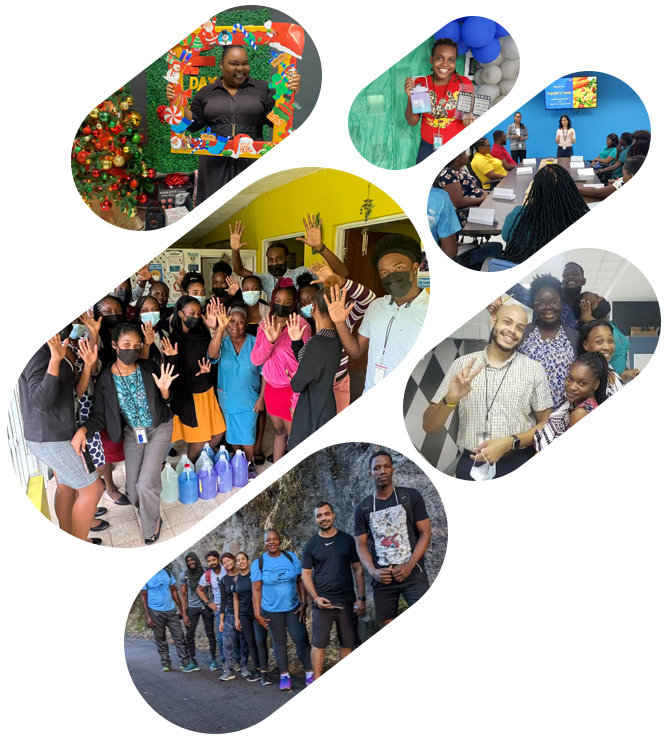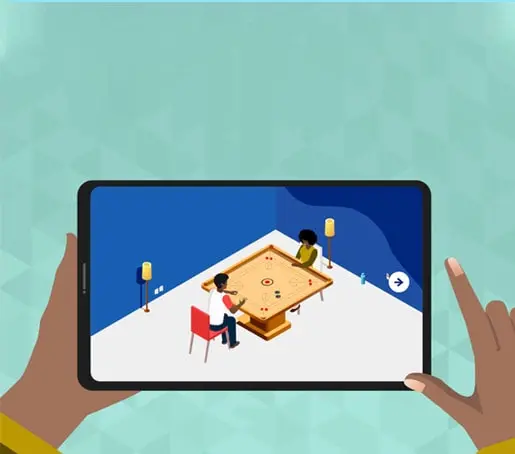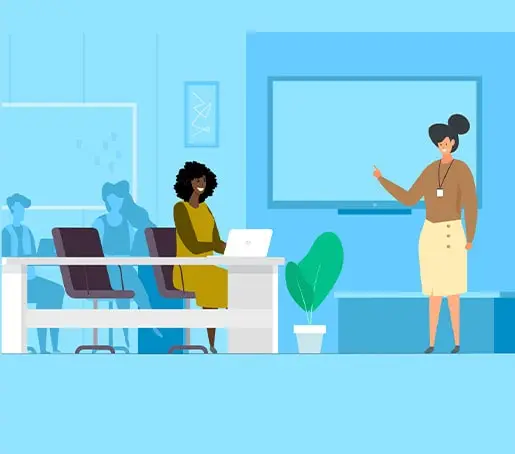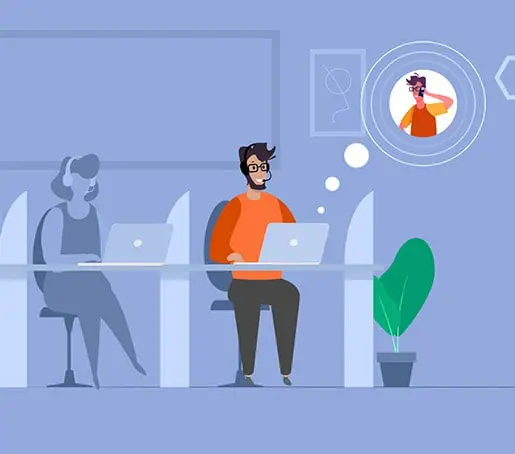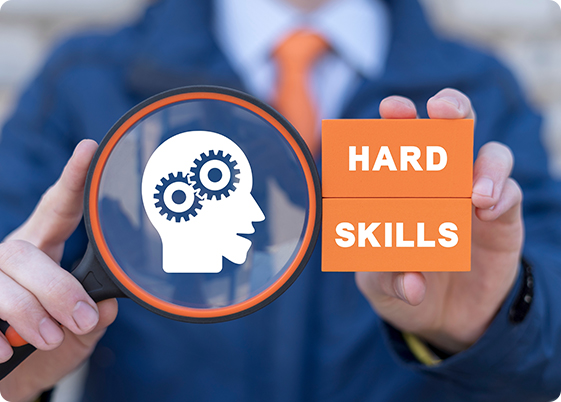
Building a successful career in today’s fast-changing professional landscape requires more than technical expertise. Employers are increasingly seeking individuals who not only possess the right qualifications but also demonstrate strong communication, adaptability, and teamwork. Understanding the difference between soft skills vs hard skills can help you focus on the right areas for career growth and professional success.
Balancing both types of skills is essential in Jamaica, especially in industries like tourism and business process outsourcing (BPO). Let’s explore the difference between hard and soft skills, how these skills work together and how you can leverage them to accelerate your career journey.
Defining Soft Skills
Soft skills, on the other hand, are the interpersonal and behavioural abilities that define how you work with others. They include communication, empathy, time management, leadership, and problem-solving. Unlike hard skills, these are not taught through formal training but developed through experience and interaction.
Strong soft skills determine how well you adapt to changes, resolve conflicts, and collaborate within a team, all essential traits for success in dynamic industries such as customer service and management.
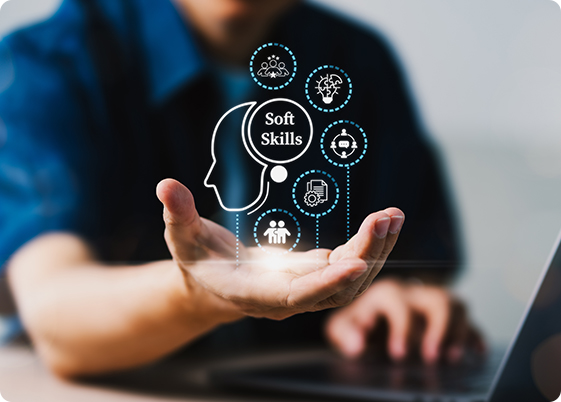
Why soft skills matter:
- Improve collaboration and communication within teams.
- Enhance customer satisfaction, which is vital in service-based industries.
- Build trust, empathy, and leadership potential.
In workplaces across Jamaica, professionals who balance technical ability with emotional intelligence often stand out as future leaders. That’s why soft skills play such a critical role in customer service career growth strategies and leadership development.
Defining Hard Skills
Hard skills refer to the technical or job-specific abilities you gain through education, training, or practical experience. They are measurable, teachable, and often required for specific roles. For instance, coding, accounting, and digital marketing are all hard skills.
These abilities can often be verified through qualifications, certifications, or test results. Whether you’re applying for IT, engineering, or call centre jobs in Jamaica, hard skills show employers that you can perform specific job-related tasks effectively.
Why Hard Skills Matter?
Hard skills are the foundation of your professional capability. They demonstrate your technical competence and prove that you have the knowledge required to execute your role.
Here’s why hard skills matter:
- They make you eligible for job opportunities and promotions.
- They allow you to complete your core job functions efficiently.
- They enhance your credibility in technical or specialised fields.
When employers assess your profile, your hard skills reflect your ability to contribute immediately to business goals. Whether it’s data analysis, graphic design, or programming, these skills create your professional baseline.
Difference Between Soft and Hard Skills
Although both are important, the difference between soft and hard skills lies in how they are learned, applied, and measured.
| Aspect | Soft Skills | Hard Skills |
|---|---|---|
| Definition | Interpersonal, behavioural traits | Technical, teachable abilities |
| Learning Source | Experience, feedback, and interaction | Education, training, or practice |
| Measurement | Observation, feedback, performance | Certifications, exams, portfolios |
| Example | Communication, teamwork, and adaptability | Data analysis, graphic design, coding |
When you compare hard skills and soft skills, you’ll find that hard skills open the door to employment, but soft skills determine how far you’ll go. Both are equally important for long-term success.
Examples of Soft Skills vs. Hard Skills
Hard Skills:
- Computer programming
- Financial analysis
- Data visualisation
- Project management
- Foreign language proficiency
- Search engine optimisation (SEO)
Soft Skills:
- Communication and active listening
- Adaptability
- Teamwork and leadership
- Critical thinking
- Emotional intelligence
- Time management
These soft skills and hard skills examples show how each category complements the other. While your technical expertise defines your efficiency, your interpersonal skills shape your workplace success.
How to Develop Both Soft and Hard Skills?
Balancing both types of skills takes time and deliberate effort. Here’s the hard skills, soft skills list, and ways to strengthen each one.
Enhance Your Soft Skills
Soft skills help you connect, communicate, and collaborate effectively. While technical abilities may get your foot in the door, soft skills ensure long-term career progress and leadership potential.
Here’s how to develop soft skills that make a difference in your professional journey.
Seek Feedback
Ask colleagues and managers for constructive feedback. Understanding how others perceive your communication or teamwork helps you grow.
Join Workshops or Seminars
Workshops are an excellent way to learn through interaction. They improve interpersonal communication and problem-solving abilities while connecting you with like-minded professionals.
Mindfulness and Emotional Intelligence
Practising mindfulness can enhance your focus, empathy, and resilience—core aspects of emotional intelligence. These skills make you more effective in both leadership and team roles.
Networking
Building professional relationships through networking enhances both your confidence and your communication skills. It also exposes you to diverse work cultures and collaboration styles.
Develop Your Hard Skills
Developing strong technical expertise is the first step toward building a solid professional foundation. Hard skills give you the tools to perform specific job functions with precision and efficiency.
Here’s how you can strengthen your technical capabilities and stay relevant in a competitive job market.
Take Online Courses
E-learning platforms like Coursera, LinkedIn Learning, and Udemy offer flexible and affordable options to enhance your technical expertise. These resources make it easier to learn at your own pace.
Certifications
Earning certifications demonstrates credibility and commitment. For example, IT professionals can pursue CompTIA or Cisco certifications, while marketers can take Google or HubSpot certifications.
Practice
Practical experience reinforces your learning. Work on projects, take internships, or volunteer in areas aligned with your goals. The more you practise, the stronger your hard skills become.
Learning how to develop hard skills and how to improve soft skills should go hand in hand for overall professional development.

How to Leverage Your Skills for Career Success
Once you’ve developed both types of skills, the next step is applying them strategically.
- Align your skill set with your career objectives and career development plan.
- Highlight both technical and interpersonal strengths in your CV and interviews.
- Showcase how your combination of hard and soft skills drives real results—like improving team performance or boosting productivity.
Employers today value professionals who understand the importance of upskilling for career growth. By staying proactive and adaptive, you’ll stand out as a well-rounded candidate in a competitive job market.
Conclusion
In the ongoing debate of hard vs soft skills, there’s no single winner—both are vital for sustained career success. Hard skills qualify you for roles, but soft skills define how you perform and progress. In Jamaica, as industries expand and new opportunities emerge, combining both skill sets is key to professional advancement.
Whether you’re in hospitality, IT, or customer service, when you define hard skills and soft skills, you achieve balance and resilience in your career and understand hard skills vs soft skills, which is more important.
At HGS Jamaica, we believe in nurturing professionals who blend technical expertise with people-centred abilities. By mastering both, you can take charge of your growth and move confidently toward your career goals.
Frequently Asked Questions (FAQs)
What are the most in-demand soft and hard skills right now?
Currently, communication, leadership, and adaptability top the list of soft skills, while data analytics, digital marketing, and technical proficiency are among the most sought-after hard skills.
Which jobs require more soft skills than hard skills?
Roles in customer service, management, and sales rely heavily on soft skills such as empathy, negotiation, and teamwork.
What’s the best way to track my progress in developing soft skills?
Keep a feedback journal, participate in performance reviews, and note real-life situations in which you applied or improved your interpersonal skills.
How do I know which hard skills are worth learning for future jobs?
Research industry trends, job descriptions, and technology shifts in your field. Prioritise skills that align with your goals and future opportunities.
 Jamaica
Jamaica Canada
Canada Colombia
Colombia India
India Philippines
Philippines UK
UK US
US SA
SA